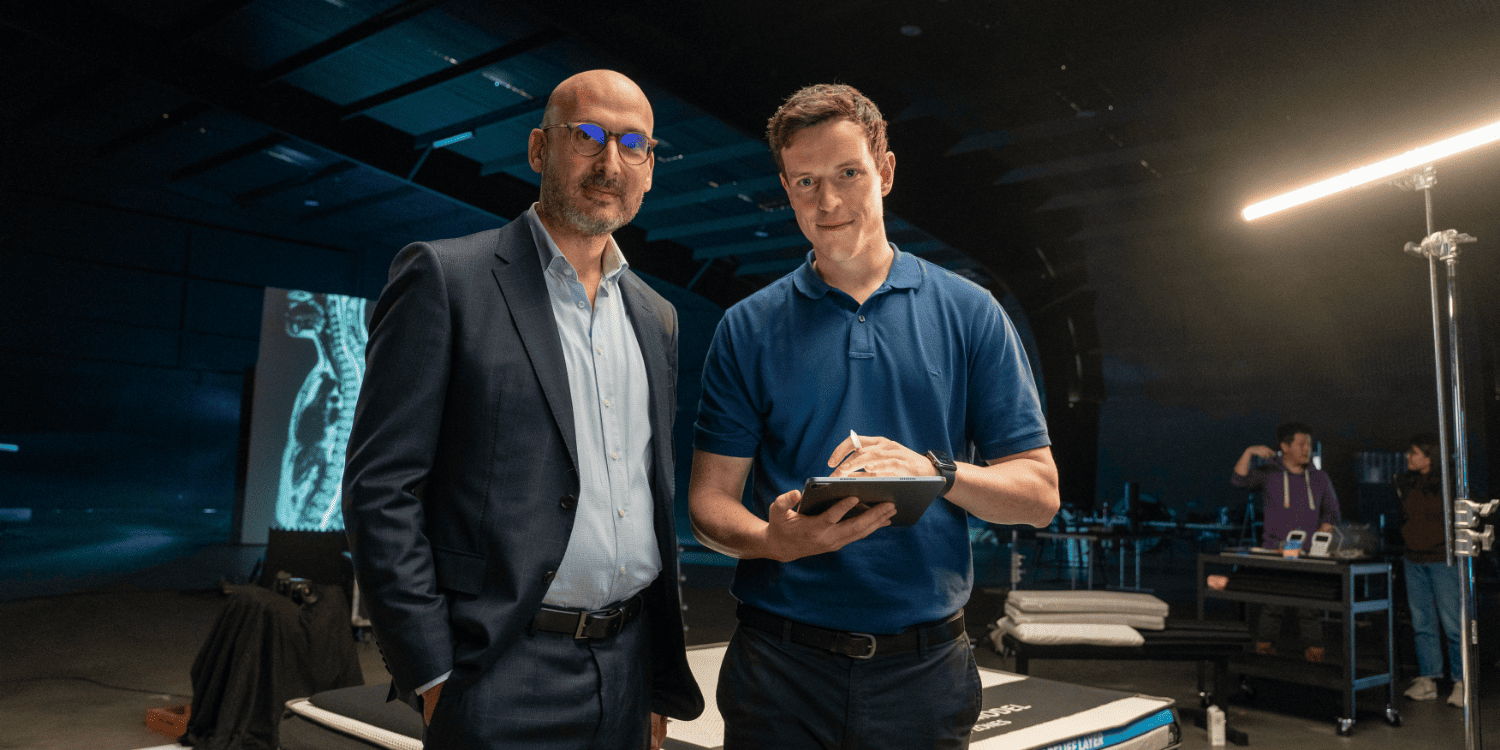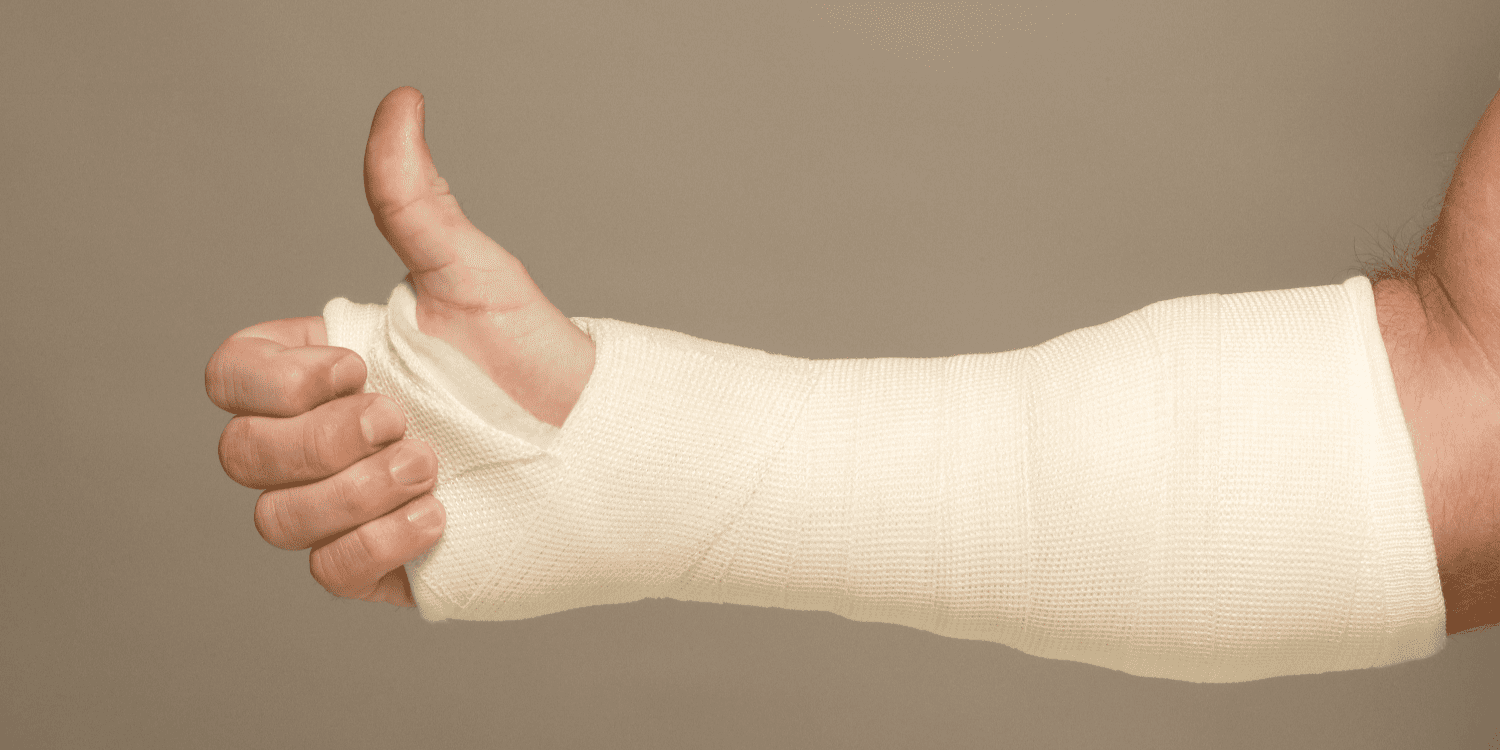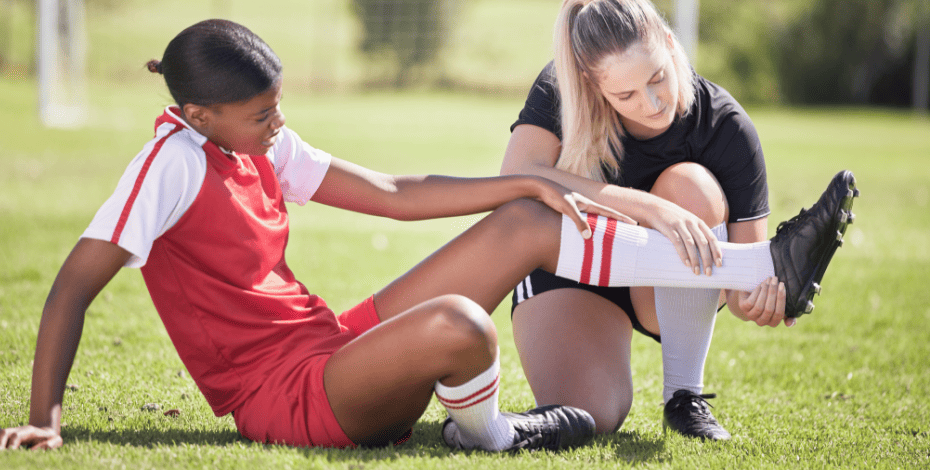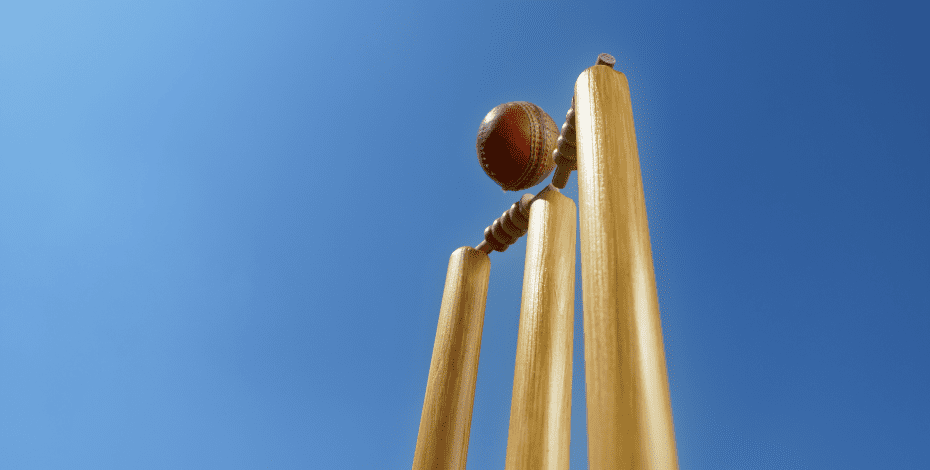
Physio honoured for service to local cricket

RECOGNITION Paul McCann has been involved in club cricket for more than 50 years and his contribution was acknowledged in the King’s Birthday 2024 Honours List. Here, Paul discusses the importance of giving back to the community.
When Paul McCann APAM received an unexpected letter advising that he had been awarded a Medal of the Order of Australia in the King’s Birthday 2024 Honours List, he was both surprised and humbled.
The OAM acknowledges Paul’s service to cricket; the Melbourne-based physiotherapist has been involved as a player and volunteer with Pascoe Vale Central Cricket Club for more than 50 years.
The club is affiliated with the North West Metropolitan Cricket Association, of which Paul is also a volunteer delegate.
‘It was a bit of a surprise,’ he admits. ‘I got an email three months prior saying I’d been nominated but I almost deleted it, thinking it was spam.
'When I saw my name on the list, I couldn’t believe it.’
The Order of Australia recognises and celebrates Australians who have made a significant difference to their community, to their country or at an international level.
Recipients are recognised for their work in charities, sport, research, religious communities, the creative arts, education, health and many other areas.
Months after the announcement, the cricketing stalwart is still hit for six but looking forward to attending Government House in Victoria for the investiture ceremony in September.
‘I’m still taken aback and quite chuffed to think that people have put me forward for such an award.
'It is an honour to be recognised for the work you do in the community but you don’t volunteer or help others to get recognised; well, I certainly don’t.
'I do it because of the joy it gives me and I am so lucky to have been involved with an amazing group of people at the club for many years.’
Paul has served as president of the club since 1996 but his involvement stretches back much further than his presidency.
He started playing in club teams as an eight-year-old, following in the footsteps of his father Ian, his older brothers and his uncles.
‘It’s been a part of my DNA my whole life,’ he says. ‘I’ve been there since I could barely walk.’
One of his fondest memories is playing A-Grade cricket alongside his father, whom he describes as ‘a talented sportsman’.
‘My dad and I were the opening bowlers, one from each end,’ he recalls.
‘It was one of the highlights of my cricketing career, being able to play with my dad like that.
'He was a great cricketer, as was my brother, who also played A-Grade.’ Paul’s own sons and cousins have also played for the club.
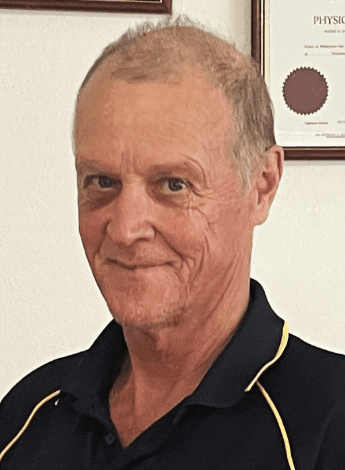
Paul McCann.
Through the decades, Paul has worn many hats at the club—player, coach, committee member, unofficial team physiotherapist— and has plenty of on-field highlights to look back on as well.
In 2019, in recognition of his record, integrity, sportsmanship and character, the club bestowed on the player legend status, one of only 12 in the club’s 96-year history.
That same season he was inducted into the hall of fame and he holds the club record of nearly 500 games.
‘I scored a few centuries over the years,’ he adds.
‘I wasn’t the most technically gifted batsman but I had a good eye and could hit the ball pretty hard.’
Six years ago, his body took a hit when he was diagnosed with Guillain-Barré syndrome, a condition in which the immune system attacks the nerves.
‘It affected my left arm and my right leg, in particular. I came back and played a little bit but I could never quite regain that full coordination in my left arm.
'Although it has stopped me from playing at a really meaningful level, I still play occasionally.
'I put myself on the list when we’re quiet— when we’re short in our lower grades, I’ll step up and play,’ he laughs.
While his passion for giving back to the community through sport has never wavered over the years, participation in grassroots sports can be a challenge for some.
‘I think participation has dropped off, more so since COVID-19.
'We’re in an era of parents being increasingly time-poor and finding it hard to go and take their kid to a game of cricket or football.
‘I think it’s essential that parents get involved themselves.
'That way they get a good insight into what’s happening at the club and if there’s something they don’t like, they can do something about it.
'They can have their impact on how the club is run and the young ones learn valuable skills.’
He says that physiotherapists are uniquely placed to volunteer in sport and the time and effort could benefit both the club and the individual.
‘We’re a respected profession and our focus is on helping people but sometimes that means that our jobs can come with a lot of stress.
'Volunteering with a community group or sporting club gives you the opportunity to step away from the work setting, reset and build rewarding relationships in your community.
'Also, for local clubs to survive, they need volunteers.
'You can’t afford to pay people to do all the work so community involvement is crucial.’
It’s been integral to his club’s success.
Despite being the only fully amateur senior team in its competition, the club this year once again won the North West Metropolitan Cricket Association George Luscombe Shield, making the players premiers for the fifth time in six seasons and the 10th in 21 years—proof of the many benefits that come from investing in club culture.
‘We don’t pay a single player,’ Paul says proudly.
‘We’ve created an environment where people want to be involved because they love the club, not because they’re getting paid.’
Paul’s dedication to the club and his profession has had a ripple effect, inspiring others to follow in his footsteps.
He’s delighted that three players who started in the club as junior players have gone on to become physiotherapists themselves.
‘If I’ve had anything to do with them wanting to take that pathway, I’ll be very happy,’ he says.
‘They’re great young kids and they’ve all done very well in their careers.’
Paul’s own journey into physiotherapy began when he injured his leg playing under-15 football.
‘I had a lot of trouble getting back on the field and it was recommended that I see a physio,’ he recalls.
‘I became enthralled by the way they got me playing again, running around within a few weeks.
'That’s when I decided that that’s what I wanted to be.’
After graduating from the Lincoln Institute of Health Sciences in Melbourne in 1985, the young physiotherapist went on to open his own private practice in Broadmeadows, Dallas Physiotherapy and Sports Injuries Clinic, where he has worked for the past
36 years.
While he’s always had an interest in sports-related injuries, he’s found that the most rewarding aspect of his work is the relationships he’s built with his patients.
‘I love people and I think you need to be able to relate to people in this profession,’ he says.
‘You can draw the best out of them because they put their trust in what you’re telling them to do to overcome their problems.’
Reflecting on his career, Paul is particularly proud that he’s now treating the grandchildren of some of his earliest patients.
‘It really is a profession where you can create incredible relationships,’ he says.
While physiotherapy has been a fulfilling career, Paul has no plans to step away from his volunteer role as he approaches retirement age.
‘I get as much out of being involved as what I give, if not more.
'The club is like an extended family to me. It has given me and my family much joy to be involved and we have formed many enduring friendships.
People say, “When are you going to retire?” but I still thoroughly enjoy it,’ he says.
‘I’m planning to slow down a little but I’m not going anywhere.’
© Copyright 2025 by Australian Physiotherapy Association. All rights reserved.

